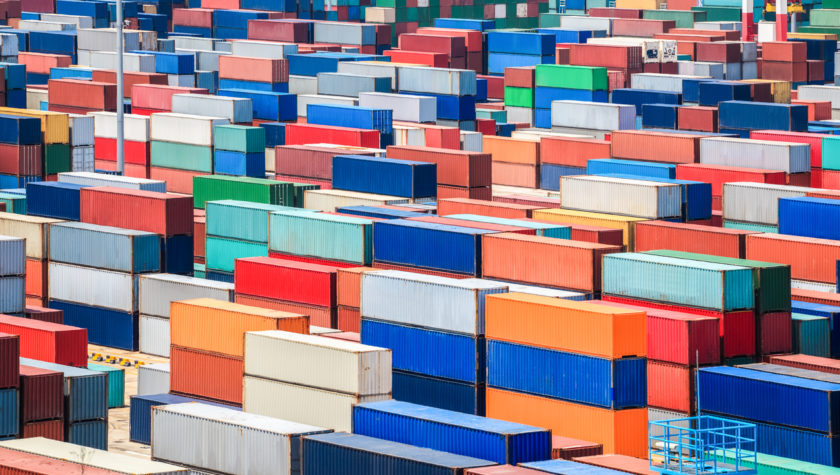More and more of us will have Christmas delivered this year. Rather than the high street, we are increasingly turning to our computers, and opting for the convenience of having our purchases brought to our doorsteps. However, this isn’t just an activity restricted to the festive period: as consumers we are becoming ever-more used to the option of a next-day delivery, or of ordering the same item in more than one colour or size, safe in the knowledge that returns and refunds are quick and easy to arrange.
But this growing trend comes at an environmental cost. Lorries and vans make up only a fifth of total vehicle mileage in the UK, but account for nearly a third of the country’s greenhouse gas emissions from transport. Moreover, lorries alone make up a quarter of all road use on our motorways. This clearly has an impact on other road users trying to get from A to B – but it also affects air quality in our communities, and the country’s ability to meet legally-binding climate change targets.
For just over a year, my team and I have been examining freight in the UK, to examine options to improve the existing infrastructure, and recommend ways to use new technologies to improve current practices. Our final report will be published in Spring 2019 and will include recommendations for action: but today’s interim report is an important statement of our initial findings, and the issues we have found that will face not just operators, but also their customers and other users of the road and rail networks.
Primarily, what we have found is a freight industry that is keeping up with these changing consumer behaviours. This is thanks in no small part to the UK freight industry being one of the most efficient and productive in the world, moving over two million tonnes of goods in 2016 alone. But it could also be described as having become a victim of its own success: as a result of it working and delivering for customers, policies are rarely tailored towards its operation or meeting its needs. For example, the National Planning Policy Framework only makes two references to the sector. That means that freight operators have become good at adapting to changing circumstances, but that opportunities for them to do so in the most efficient, environmentally-friendly way risk being lost. Without a plan to move to cleaner fuels such as electricity or hydrogen, a zero emissions freight system is not in sight.
Today’s report highlights this, and the need for action in a coordinated way to support the industry to become greener, and to reduce its impact on congestion. We as customers will continue to order deliveries, and freight companies will continue to keep up with that demand: but with the system as efficient as it currently is, there is no incentive for companies to reduce their carbon footprint quickly – and this is where support from central and local Government is required.
In particular, we are highlighting the need for councils to plan and protect land for freight operators, to prevent these companies from “sprawling” further from the city and town centres their customers live in – should that happen, journey numbers would increase, as could emissions and congestion; there needs to be a clear, long term approach to regulation, to deliver easy-to-follow rules and standards, particularly on tackling poor air quality; and there needs to be better freight data available to Government departments and councils alike, so that the needs of the industry can be better considered and reflected in new policies.
This festive period is likely to set a high watermark for the numbers of online purchases, and subsequent deliveries made. It will throw a sharp focus on how quickly our Christmas shopping can be delivered and what impact that has on our roads, our environment and on our freight industry. As this trend for ever-quicker deliveries continues – and if anything, increases – the freight industry will need to adapt. Today we identify the issues that could arise, and next year’s final report will have recommendations for how they could be tackled.
Satish Luhar is a policy adviser, leading on the Future of Freight study




